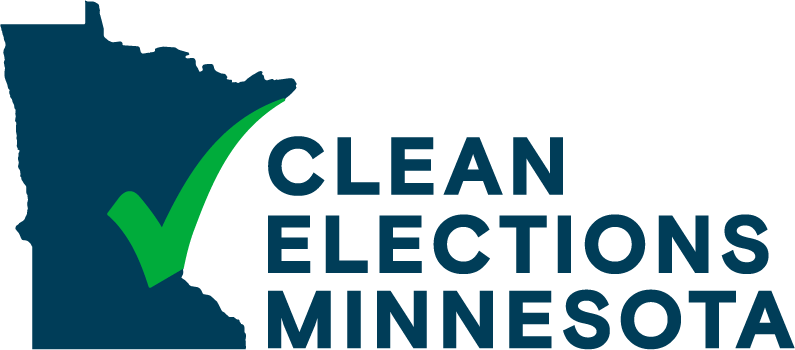Minnesotans should be proud of our history as a state that has stood up when necessary to wealth and privilege, using the tools of democracy to seek common good and greater equality.
This communitarian and egalitarian distinction has played out in many ways throughout our history: from Republican abolitionist founders who helped dethrone the slaveocracy in the 1860s, to Progressive Party and Farmer-Labor Party activists confronting oligarchy a century ago, to civil rights leadership in the 1960s, and right through to social and economic justice activism today. (See my Reappraising Minnesota series published by MinnPost in 2023 and 2024).
One of the ways we have sustained this legacy is through a campaign finance system that provides candidates for office with various forms of public financing. Public money reduces elected officials’ reliance on wealthy donors and powerful interest groups and it helps candidates of modest means to compete. Private money inevitably comes with strings attached, an implicit obligation to prioritize the donors’ interests ahead of the public interest.
An important piece of our clean elections framework is the Political Contribution Refund program, under which donations to candidates or parties can be refunded, up to $75 per person or $150 for a married couple. The PCR has been in effect since 1974, when Minnesota led the nation with campaign finance reforms in the aftermath of Watergate-era scandals and revelations of big-donor corruption.
Inexplicably and almost under the radar, the PCR is eliminated in the revised budget proposal submitted recently by Gov. Tim Walz. The reason cited in budget documents is “to minimize impacts on people served,” signaling an intention to spare vulnerable populations from budget cuts.
That’s a worthy goal in budget-trimming. But slashing the PCR, in the long run, will not help low-income or middle-income families. It removes an incentive for small donations and the vacuum will likely be filled with money from people at the top who seek to preserve and expand the advantage they already have. The disadvantaged will not be better off.
The state budget needs to be balanced, but abolishing the PCR saves an estimated $4.3 million a year beginning in fiscal year 2027, or a measly two-tenths of 1 percent from the projected $2.5 billion shortfall for that year.
Moreover, most of the things our state government does — education, health care, parks and public services — are equalizing in nature. Large state budget cuts make our widening economic inequality crisis worse. A better strategy would be to actually expand our public sector, investing more in education and health and economic security, and asking those who benefit the most from our economy and democracy to pay a fairer share.
Prospects for saving the PCR are good, in part because of bipartisan support. The websites for both the Republican Party of Minnesota and the Minnesota DFL Party promote the program, with the DFL spelling out that the PCR “is an exciting way for everyday Minnesotans to fight BIG MONEY and support local politics.”
Meanwhile, we need to be moving in the other direction, toward much more or total public financing of campaigns and expanding and modernizing the PCR. Bills with bipartisan support are pending that would put the program online, sparing small donors the hassle of filling out paper forms and submitting paper receipts and refund requests by snail mail.
Minnesota does more public financing of campaigns than most other states. But a few, such as Arizona and Maine, have moved past Minnesota since 1974 in the amount of public money that the state government provides for campaigns.
And although we’ve always compared favorably with other states on various rankings of election integrity and accessibility, Minnesota was ranked just 13th best in 2022 on the State Campaign Finance Index, a comprehensive measure of fairness, oversight, and transparency, conducted by the non-partisan Coalition for Integrity.
That’s good but not great. And in the face of a frightening takeover of our federal government by billionaires intent on advancing private interests, we really must double down on enhancing our model of clean and principled democracy for a government that serves all its people.
Dane Smith is a retired journalist and former president of a progressive policy research organization. He also is a board member of Clean Elections Minnesota, which advocates for campaign finance reform and inclusive democracy.
